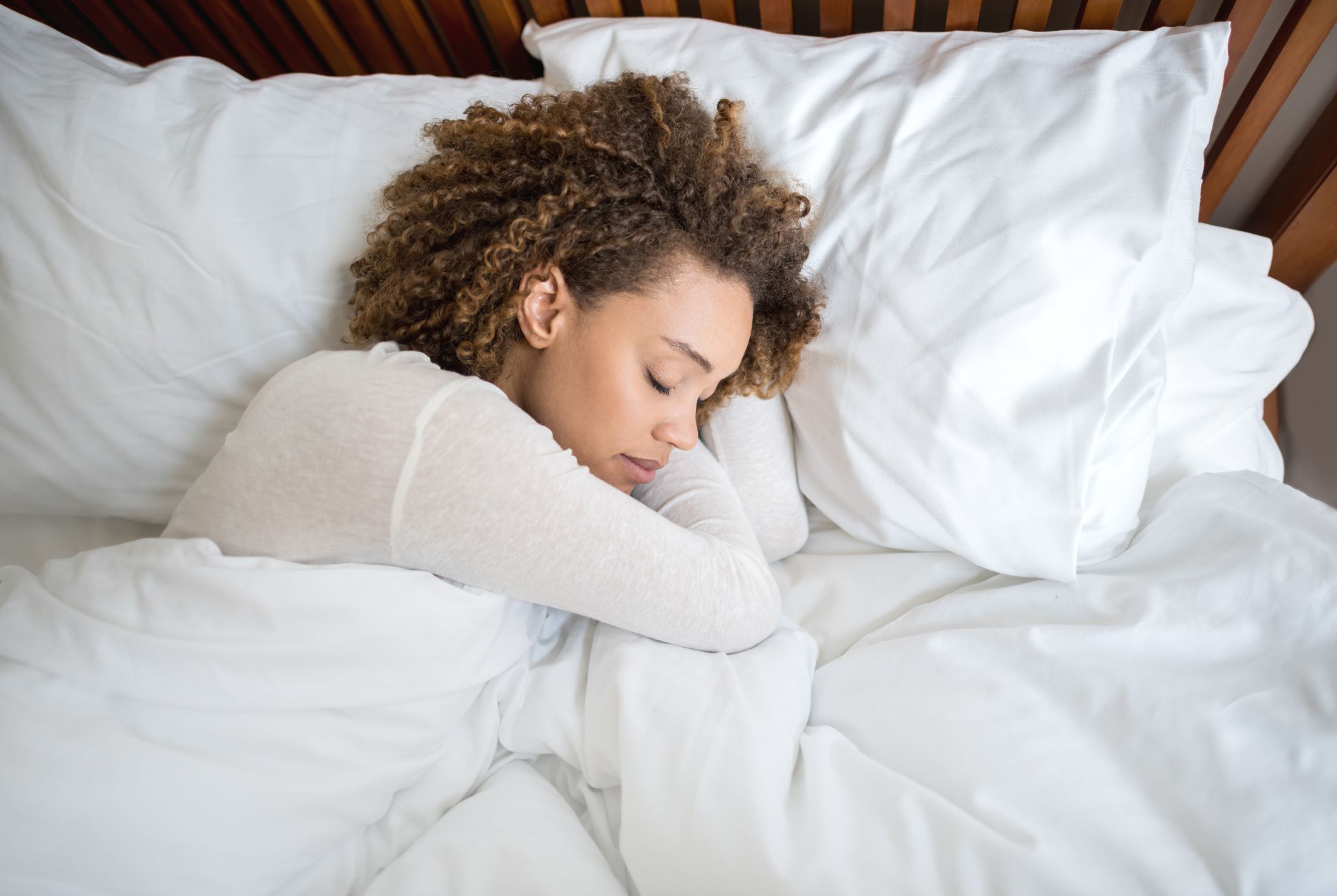Sleep is essential for our physical and mental well-being, but many people struggle to get the rest they need. Sleep disorders, such as insomnia and restless sleep, often have complex causes, but one of the most overlooked factors is the role of emotions. Our emotional health and sleep are deeply intertwined, with anxiety, stress, depression, and even excitement contributing to restless nights. Understanding how emotions fuel sleep disorders can help you manage them and improve both your sleep quality and emotional health.
1. The Connection Between Stress and Sleep Disorders
Stress is one of the most common culprits behind sleepless nights. When we are stressed, our bodies release cortisol, a hormone that keeps us alert and prepared for “fight or flight” situations. Chronic stress can cause elevated cortisol levels at night, making it difficult to relax and fall asleep. The American Psychological Association has found that stress-induced sleep problems are a growing issue, with nearly 40% of adults reporting that stress kept them awake at night at least once a month.
2. Anxiety’s Role in Sleeplessness
Anxiety is another major contributor to sleep disorders, particularly insomnia. People with anxiety often find themselves caught in a cycle of worry, where their mind races with thoughts about the future, their responsibilities, or worst-case scenarios. This mental overactivity prevents them from winding down, leading to difficulty falling asleep or staying asleep. According to the National Institute of Mental Health, individuals with generalized anxiety disorder (GAD) are far more likely to experience chronic insomnia, as their constant worry disrupts the natural sleep-wake cycle.
3. Depression and Sleep Disturbances
Depression is closely linked to sleep disorders, but the relationship is complex. While some individuals with depression experience insomnia, others may struggle with hypersomnia, or excessive sleep. The changes in sleep patterns often exacerbate feelings of hopelessness and fatigue, creating a vicious cycle. Studies published in The Journal of Clinical Psychiatry show that sleep disturbances are present in up to 90% of people with depression, underscoring the deep connection between emotional well-being and sleep quality.
4. Emotional Trauma and Sleep Disruption
People who have experienced trauma or suffer from post-traumatic stress disorder (PTSD) often report significant sleep disturbances. Nightmares, flashbacks, and hyperarousal can make it difficult to relax enough to fall asleep, and fear of reliving traumatic events can cause avoidance of sleep altogether. The National Sleep Foundation notes that PTSD sufferers are more likely to experience fragmented sleep, which leads to a lack of restorative rest and further emotional distress.
5. Excitement and Overstimulation
While negative emotions like anxiety and stress are well-known causes of sleep disruption, positive emotions like excitement or overstimulation can also keep you awake. Anticipating a big event, vacation, or even a new romantic relationship can cause the mind to race, making it difficult to settle into a restful sleep. While these emotions may feel good, they still activate the nervous system in ways that can interfere with relaxation and sleep quality.
6. The Vicious Cycle: Poor Sleep and Emotional Instability
Sleep and emotions are linked in a two-way relationship: just as emotions can fuel sleep disorders, poor sleep can worsen emotional instability. Lack of sleep negatively affects mood regulation, increasing irritability, impatience, and emotional sensitivity. Sleep deprivation can also heighten feelings of anxiety and depression, further contributing to sleep difficulties. Research from Harvard Medical School highlights that chronic sleep deprivation disrupts brain function, impairing the ability to process emotions and cope with stress effectively.
7. Managing Emotions to Improve Sleep
To break the cycle of emotional disturbance and sleep disorders, it’s important to actively manage stress, anxiety, and other emotions. Relaxation techniques such as deep breathing, meditation, and progressive muscle relaxation can calm the nervous system and prepare the body for sleep. Cognitive-behavioral therapy for insomnia (CBT-I) is also a proven method for addressing the emotional and psychological factors that contribute to sleep disorders. Practicing good sleep hygiene—such as maintaining a consistent bedtime, reducing screen time, and creating a relaxing nighttime routine—can also help promote better sleep.
In Conclusion
Restless minds lead to sleepless nights, and emotions often lie at the root of this connection. From stress and anxiety to depression and trauma, our emotional health plays a significant role in sleep disorders. Understanding how emotions fuel these issues is the first step toward addressing both sleep and emotional challenges. By adopting healthier emotional coping strategies and improving sleep hygiene, you can create a more restful, restorative sleep environment and improve your overall well-being.







